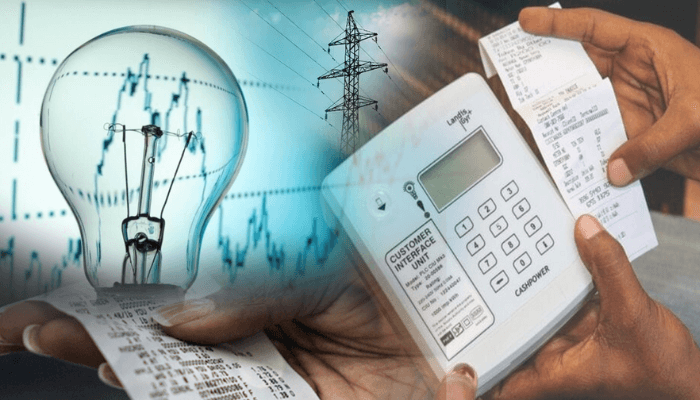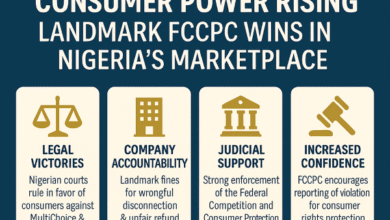Grid Power, Grid Rules: NERC Challenges Enugu’s Unilateral Tariff Cut

In a strong rebuttal that underscores the delicate balance between federal oversight and state autonomy in Nigeria’s evolving electricity market, the Nigerian Electricity Regulatory Commission (NERC) has faulted the Enugu Electricity Regulatory Commission (EERC) for unilaterally slashing electricity tariffs for Band A customers — despite relying entirely on power generated and transmitted through the national grid.
In a statement published on its website, NERC reminded stakeholders that while the Electricity Act (EA) 2023 devolves regulatory authority to states, such powers do not extend to national grid operations or assets licensed under federal statutes. It noted that attempts by sub-national regulators to fix tariffs independently of the national cost structure could destabilize the Nigerian Electricity Supply Industry (NESI).
Context: EERC’s Controversial Tariff Slash
The controversy began when the EERC issued a directive reducing Band A tariffs within the Mainpower Electricity Distribution Ltd. (MEDL) franchise area from ₦209.5/kWh to ₦160.4/kWh, a move it claimed was in response to public outcry over rising energy costs.
However, NERC insists that state regulators cannot alter end-user tariffs on grid-imported electricity without accounting for the wholesale costs of generation, transmission, and financing obligations embedded in NESI’s structure.
“States do not have jurisdiction over the national grid or power stations licensed under federal law,” NERC stated. “Any deviation in tariff structure must be matched by a policy-backed subsidy or else risk distorting the cost recovery mechanics of the national market.”
Why This Matters: Risks to Market Stability
According to NERC, the EERC’s new Band A rate was calculated by slashing the generation tariff from an average ₦112.60/kWh to ₦45.75/kWh, implying a ₦66.85/kWh subsidy — with no clearly defined funding mechanism.
The national regulator warned that such arbitrary reductions jeopardize cost-reflective pricing, undermine investor confidence, and threaten the financial health of grid operations, especially in a sector already grappling with revenue shortfalls and legacy debts.
“Neither NERC nor EERC has the mandate to push the grid into a financial crisis,” the commission warned, affirming that regulators must act within the scope of the Nigerian Constitution and Electricity Act.
Behind the Law: Electricity Act 2023 and Section 34(1)
The 2023 Electricity Act, hailed for decentralizing the power sector, empowers states to create their own electricity markets. However, Section 34(1) specifically tasks NERC with ensuring efficiency, cost recovery, and optimal resource utilisation in the electricity supply chain.
While EERC holds similar powers within Enugu State’s internal electricity structure, NERC maintains that grid-sourced electricity — by its federal nature — must align with national pricing and policy frameworks.
Ongoing Dialogue: Federal-State Energy Coordination in Focus
In a move to de-escalate tensions and preserve market stability, NERC disclosed it is currently engaging with EERC to clarify “areas of misinterpretation or misunderstanding,” particularly concerning the wholesale import of power from the national grid.
It emphasized that such dialogue is vital to avoid setting dangerous precedents that could ripple through the multi-tiered Nigerian electricity value chain.
BRANDECONOMY INSIGHT: Caution Amid Devolution
As Nigeria navigates its energy decentralisation journey, this incident highlights the growing pains of a dual-regulator system. While states now have room to innovate in local energy governance, NERC’s position is a reminder that shared infrastructure requires coordinated oversight to avoid unintended consequences — from supply disruptions to investor flight.
The broader implication? State autonomy must be exercised within the boundaries of national grid economics — or backed by solid fiscal commitments to prevent systemic imbalances.











